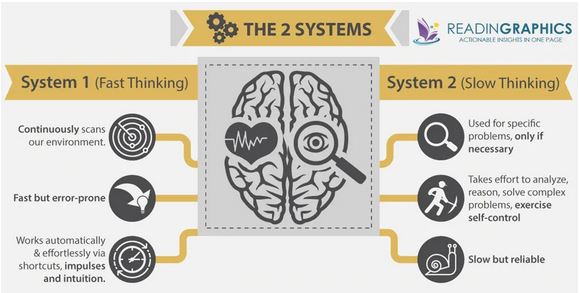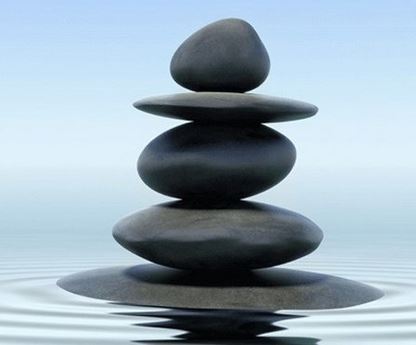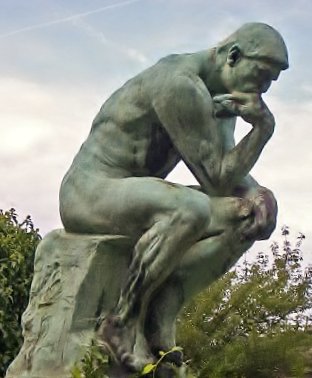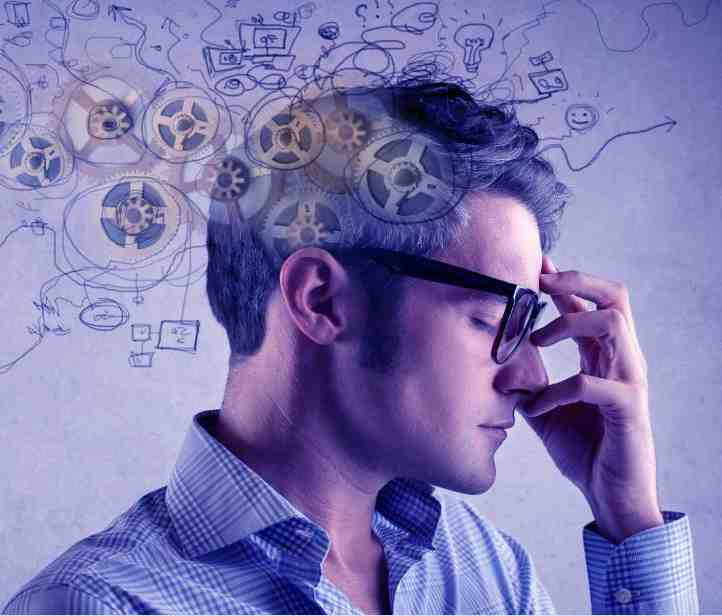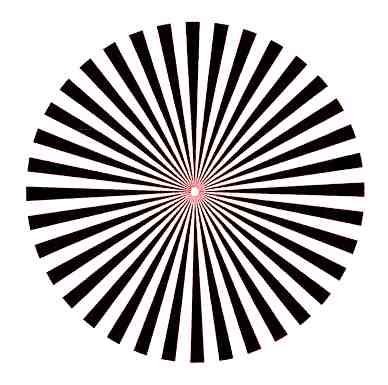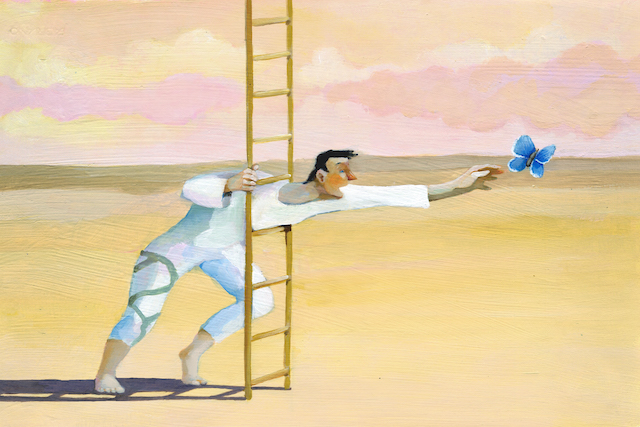The Law Of Response and Outcome
A New Approach To A New Life
Ben thought he could walk on water!
Introducing The Law Of Response and Outcome
The basis of the law of response and outcome is that the outcomes that you experience are determined by your responses to the events in your life.
Lessons from a Labrador
Ben's experiences of response and outcome.
Our dog Ben had led a sheltered a life. In fact for the first few years of his life, with his previous owner, he spent most of his time in doors. Once a day he was allowed out and he ran wild on a small piece of land adjacent to the owner's house.
Ben had no sense of place or space, and led a life lacking in training and discipline. His experience of life reflected his upbringing - limited!
Ben's owner was ill equipped to care for a lively Labrador puppy and eventually allowed him to be rehoused with a new owner [my son] who had understanding and experience of caring for a dog.
Ben was so excited at his new found freedom and all the exciting possibilities that were now opening up for him. He was so excited that he
rushed frantically and with great enthusiasm into every new situation
with limited understanding of the consequences and outcomes of his
responses.
The picture above shows Ben seeing water in a lake for the first time. With typical Ben enthusiasm he thought it would be fun to walk on the water...
Ben had to learn a whole new set of skills about how things in his life worked, and to make the connection between response and outcome.
His learning of these new skills didn't happen over night, it took Ben's new owner 6-12 months to train him.
Resolutions, aspirations and wishful thinking

At
time of writing we are entering a new year which is traditionally a time
of making resolutions to change our behaviour and improve the quality
of our lives.
And yet powerful as this motivation is, it remains an aspiration, a figment of wishful thinking without a clear focal point for personal action together with the steps to make it happen.
The law of response and outcome provides that focus and can be very simply expressed as:
The outcomes that you experience are determined by your responses to the events in your life. This can be expressed as: Outcome = Event x Response The strength and quality of your response is determined by the skills and the experience you bring to it. The stronger your response - the better the outcome
The cumulative effect of these responses has a compounding effect on your life.
Are you are ready to move beyond aspiration and wishful thinking? If so, I have two questions for you:
- Have you made that fundamental connection between response and outcome?
- Do you want to learn the skills that will improve your ability to respond to the events in your life in the most effective way?
In his seminal book "Thinking Fast and Slow" Daniel Kahneman, winner of
the Nobel Memorial Prize in Economics, presents decades of
research to help us understand what really
goes on inside our heads when we are making decisions.
There are two systems in your brain which are constantly in conflict for control of your behaviour and actions. We
are hardwire to respond with System 1 thinking. These instinctive
responses can serve us well in a "fight or flight" situation but the
majority of the time this does not apply.
How Your Brain Gets Hijacked
Immediate Action To Stop Your Brain Getting Hijacked
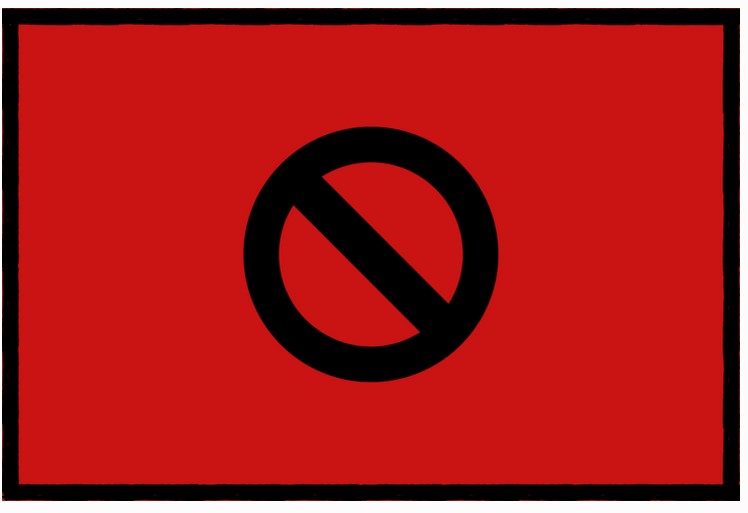
Strictly speaking you can't stop your brain getting hijacked.
Your
Basal Ganglia [survival instinct aka
the reptile brain] and your Amygdala [emotional centre] are just doing their jobs - keeping you safe and reproducing.
What matters is how you respond to these instinctive reactions.
- If you don't take action to deal with these automatic reactions you will be at the mercy of your primal emotions - anger, frustration, anxiety, bitterness, desire for revenge and a need to be in control.
- The effect of these emotions will be to cause anxiety and panic attacks, angry outbursts, verbally and/or physically aggressive behaviour, all of which will not help you and will likely cause you and others hurt and damage.
- You may feel temporary relief from indulging these reactions but they solve nothing and the overall effect is counter-productive.
There are 2 key points you need to understand:
[1] Awareness that you are not your thoughts
In dealing with our instinctive and reactive thoughts, I have found that there are four stages: awareness of our thoughts; understanding our thoughts; accepting our thoughts; and, living with our thoughts.
[2] Awareness that this too shall pass
Years ago before I knew anything about mindfulness I did discover the truth of the mythical “this too will pass” story when I was in senior management in a very stressful environment.
I realised that angry and defensive states arose automatically but if I just sat with them and observed them, without engaging with them for about 24 hours, and reminded myself that this too will pass, they did just that. I was then able to exercise clarity and to manage and do my job to best effect.
4 Steps To Applying The Law Of Response and Outcome
The 4 key steps below will improve and enhance your ability to engage your System 2 thinking and respond to events in the most creative and resourceful ways.
The first two steps are fundamental to applying the law of response and outcome.
Can you:
- Witness or observe (without narrative or analysis) the recurring or autonomic nature of your thoughts and feelings.
- Watch how your very own inner "personal-map-of-reality" filters your interpretation of your experience.
- See how you become immersed in and identified with your thoughts and feelings - and how this dictates your responses.
- Stop thinking – turn your thoughts off - at will.
The practice of mindfulness is a powerful life skill, as it reduces stress and it dramatically enhances your capacity for adaptive and holistic thinking - necessary qualities in mastering the art of how to think effectively.
Can you think critically - deliberately and systematically processing information so that you can make better decisions and generally understand things better?
- Are you focused on how to think not what to think?
- Do you have a strategic mindset that is focused on the most efficient thinking process to achieve a result?
- Do you know how to apply the most appropriate cognitive processes to the task in hand?
Our
brains process and organize information in a variety of ways. We have the capability for a wide
range of thinking processes but these are skills based and need to be learned and developed.
The following two steps will accelerate your progress with the law of response and outcome.
- Why are you here?
- What is your life purpose?
- What is your direction of travel?
- Every life decision you take, every choice that you make will either take you one step close to or one step further away from your life purpose.
If you knew you were going to die tonight and you were given a few minutes to reflect before that happened, what would you say was the meaning of your life?
[4] What is your point of focus?
- Your point of focus is either helping you or hindering you.
- It’s a binary choice.
- Is your unconscious point of focus on what you don’t want?
Discovering what you really want and focusing on it saves you endless confusion and wasted energy.
Feeling Stuck With The Law Of Response and Outcome?
Here are three common scenarios of how and why we can feel stuck together with experience based suggestions and resources for dealing with them.
The Wilderness Years - 3 Keys To An Exit
The wilderness years can be described as any lengthy time, longer than a year, that is spent aimlessly; without an immediate purpose, or without a current goal.
As a place, the wilderness is a region that is uncultivated and uninhabited by humans.
The
internal psychological, emotional and spiritual landscape of the
wilderness state is one of being unable to find one's way, of aloneness,
bewilderment, confusion and disconnection.
This article tells the original story of the wilderness years and takes a look at some of the key insights from that story, plus 3 keys to an exit from the wilderness years which are based on personal experience.
Lost In Transition - Lost, Stuck & Going Round In Circles
There is an important distinction between the
events, situations and circumstances that are imposed on you and your
inner response to these things which is often referred to as "transition".
Change is an external event or situation that happens to you, and often that is imposed upon you.
Transition is the internal process that you have to go through as you make your readjustment and realignment to the new realities.
The
purpose of this article is to set out a framework for understanding
what is happening to you and to go beyond the circumstantial changes and
to address the inner psychological and emotional impacts and how you
can deal with those as well.
The additional objective is to offer a range of practical and proven resources to empower you to cope with these hard times.
Recognising Limbo As A Stage Of Transition
Limbo was first recorded in the 14th Century and referred to as a place bordering on hell.
Quite frankly that's not a bad definition as that is exactly how it can feel when you are in an uncertain situation that you cannot control and in which you can see no progress or improvement - for a long time.
It's
a feeling of being stuck and it can be the cause of intense frustration
and feelings of hopelessness, misery and despair.
Limbo is a situation in which nothing happens or changes for a long period of time, and it is difficult to make decisions or know what to do, often because you are waiting for something else to happen first.
Footnote
Concerning Choice
One foot in front of the other. Unconscious, and unrecognizably blind. And then again.
And again. Until those few steps become a habitual march to somewhere you never set out to be.
What on earth are you doing here, on earth?
[Video is 2 mins - watch on full screen]
Free Download:
The 3 Keys To Applying The Law of Response and Outcome
Next Article:
Clear Thinking - Turning Ordinary Moments Into Extraordinary Results
Return to: The Law Of Attraction
Or to: Walking The Talk
LATEST ARTICLES
Dealing With Distraction - Learning How To Live With Your "Attention Autopilot"
 Living With Your Attention Autopilot The good news about your Attention Autopilot is that it will keep you safe. It is continuously scanning your immediate environment for threats. The bad news is tha…
Living With Your Attention Autopilot The good news about your Attention Autopilot is that it will keep you safe. It is continuously scanning your immediate environment for threats. The bad news is tha…The Time Of Your Life - Recognising Moments Of Alignment For Action
 How will you recognise your moment of alignment for action? In this article I want to look at our relationship with time and in the context of the two main themes of this site, firstly as a thinking s…
How will you recognise your moment of alignment for action? In this article I want to look at our relationship with time and in the context of the two main themes of this site, firstly as a thinking s…The Metagame Approach to Second Order Thinking - 5 Guiding Principles
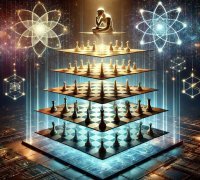 How To Position Yourself For Survival & Success In A Complex Environment We treat life as though it is a complicated system, and our thinking skills and mental models are focused on understanding its…
How To Position Yourself For Survival & Success In A Complex Environment We treat life as though it is a complicated system, and our thinking skills and mental models are focused on understanding its…Outcome Over Optics - Long Game Outcomes Over Short-Term Ego Gains
 The Day I Learned To Focus On Outcome Over Optics I have never forgotten the day I learned to focus on outcomes over optics and figured out a very simple way of saving myself several hundred thousand…
The Day I Learned To Focus On Outcome Over Optics I have never forgotten the day I learned to focus on outcomes over optics and figured out a very simple way of saving myself several hundred thousand…The ETTO Principle - Why Near Enough Can Be Good Enough
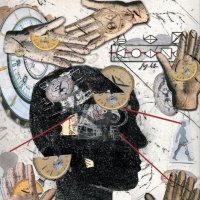 How To Balance the Efficiency-Thoroughness Trade Off The ETTO Principle describes the inherent trade-off between working efficiently and working thoroughly. This trade-off is something that affects…
How To Balance the Efficiency-Thoroughness Trade Off The ETTO Principle describes the inherent trade-off between working efficiently and working thoroughly. This trade-off is something that affects…Master The Art Of Drawing The Bow
 Focus On Process Not Outcome In so many areas of our lives, we focus on the outcome, not the process that we follow to achieve it. In the western world, we are conditioned to pay less attention to how…
Focus On Process Not Outcome In so many areas of our lives, we focus on the outcome, not the process that we follow to achieve it. In the western world, we are conditioned to pay less attention to how…And So This Is Christmas
 There Is No Path To Peace - The Path Is Peace Thich Nhat Hanh, the renowned Vietnamese Zen Buddhist monk, teacher, and peace activist, often spoke about peace as a state of being that begins within on…
There Is No Path To Peace - The Path Is Peace Thich Nhat Hanh, the renowned Vietnamese Zen Buddhist monk, teacher, and peace activist, often spoke about peace as a state of being that begins within on…Curiosity Skilled The Cat - Optimize For Interesting
 Curiosity Fuels Excellence The old adage, “Curiosity killed the cat,” warns of the dangers of venturing too far into the unknown. But what if we reimagine it not as a risk but as a gateway to developi…
Curiosity Fuels Excellence The old adage, “Curiosity killed the cat,” warns of the dangers of venturing too far into the unknown. But what if we reimagine it not as a risk but as a gateway to developi…Let Stillness Speak - Living Within A Complex System
 To let stlllness speak is to learn it's first major lesson: you are not your thoughts. To let stillness speak is about stepping back from the constant chatter of your mind and allowing a deeper, quiet…
To let stlllness speak is to learn it's first major lesson: you are not your thoughts. To let stillness speak is about stepping back from the constant chatter of your mind and allowing a deeper, quiet…Understanding Complex Systems Thinking - It's Not Complicated
 Understanding, and being able to work with, complexity is an important thinking skill.
We are all working with complex systems, and we do so every day. The biggest one is life itself. We automaticall…
Understanding, and being able to work with, complexity is an important thinking skill.
We are all working with complex systems, and we do so every day. The biggest one is life itself. We automaticall…Stay On The Bus - When To Keep On Going
 The Helsinki Bus Station Theory
Have you ever started a new project, initiative or role with a big vision and a determination to make a difference? Initially you were full of enthusiasm and highly mo…
The Helsinki Bus Station Theory
Have you ever started a new project, initiative or role with a big vision and a determination to make a difference? Initially you were full of enthusiasm and highly mo…Zen Thoughts Email Series
 Conversations With A Friend Zen Thoughts is an email series of 50 short messages spread over 3 months. The messages are written in the style of a conversation with a friend who is going through a toug…
Conversations With A Friend Zen Thoughts is an email series of 50 short messages spread over 3 months. The messages are written in the style of a conversation with a friend who is going through a toug…How to Get What You Value by Changing What You Measure
 Give Up Control & Gain Influence To Get What You Want
The metrics we choose to focus on can significantly shape our outcomes, sometimes in ways we don't intend. The challenge is to make sure that you…
Give Up Control & Gain Influence To Get What You Want
The metrics we choose to focus on can significantly shape our outcomes, sometimes in ways we don't intend. The challenge is to make sure that you…How to Become A Master At Overcoming Hard Moments
 "The best in the world are not the best because they win every point. It's because they lose again and again and have learned how to deal with it." This quote from Roger Federer has got a lot of cover…
"The best in the world are not the best because they win every point. It's because they lose again and again and have learned how to deal with it." This quote from Roger Federer has got a lot of cover…Drop The Story - Deal With Your Demons and Transform Your Experience
 Are you living your life from the stories you tell yourself? Learning how to drop the story and deal with that voice in your head can be a game changer. When you can do this you will have a powerful t…
Are you living your life from the stories you tell yourself? Learning how to drop the story and deal with that voice in your head can be a game changer. When you can do this you will have a powerful t…


